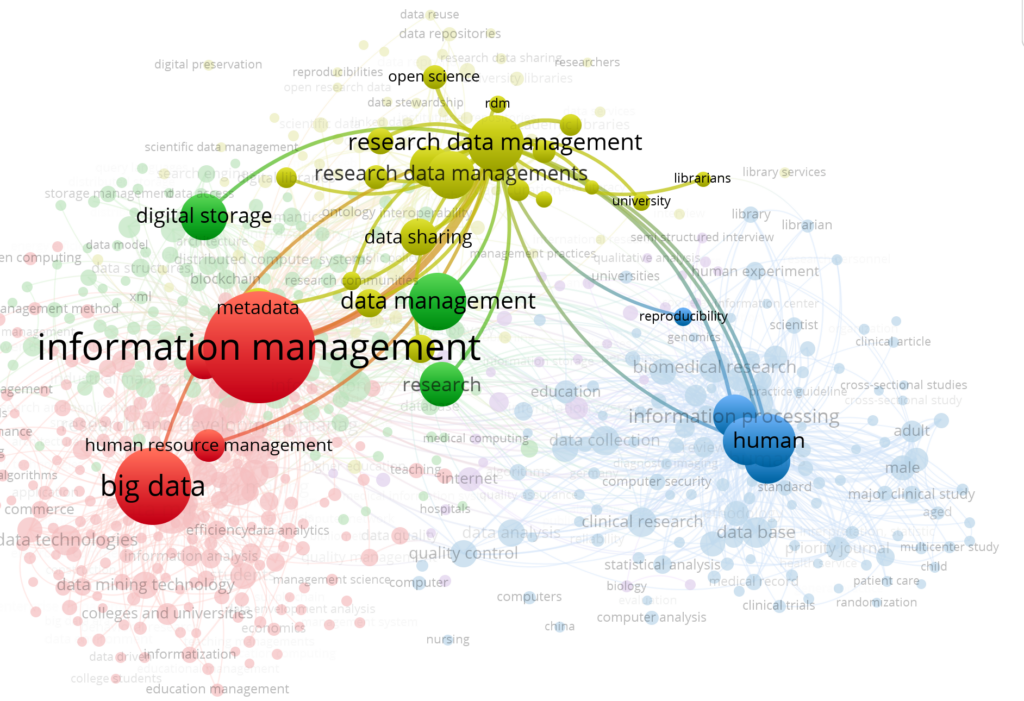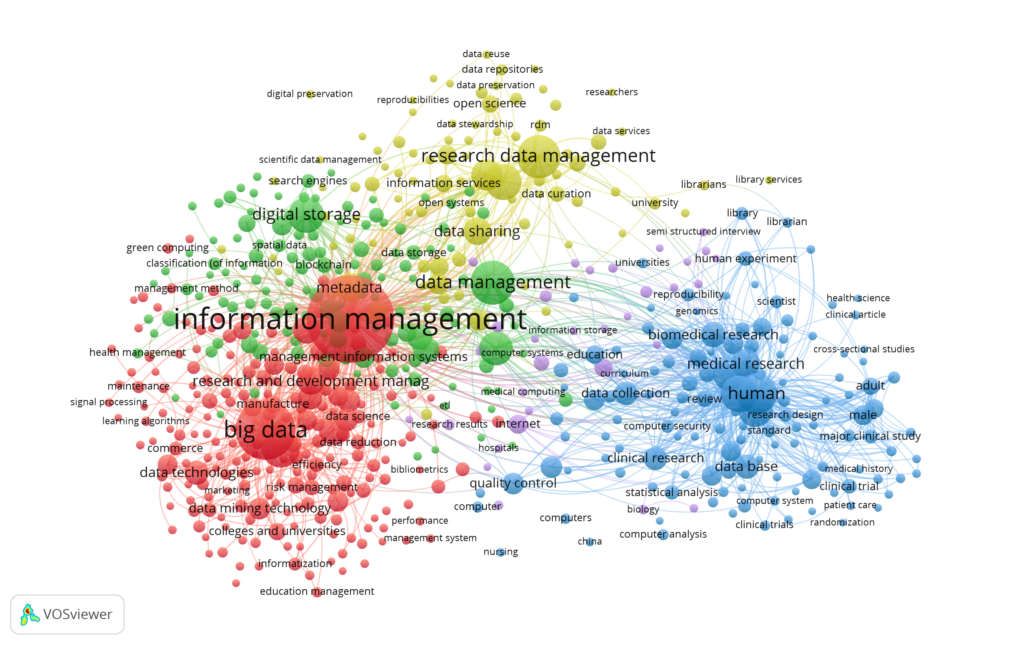Open science is considered a new science paradigm to make research accessible, accountable, and effective. This paradigm is already changing the academic profession starting from micro-practices to professional relations with epistemic communities and stakeholders, with implications that we are not yet able to predict.

The complex, layered nature of open science makes it both theoretically and empirically difficult to disentangle its various domains. It is, therefore, hard to identify an entry-point where all these different elements may be simultaneously observed. Here we are writing about a specific practice of open science in which the link between these different domains could emerge, and the consequences on the academic profession could be spotted: the Research Data Management (RDM).
We focus on one case study about training in RDM, the project Open Badge Ecosystem for the Recognition of Skills in Research Data Management and Sharing (OBERRED). We participated in this project to deliver training to academics on RDM through open education means within an open eco-system and employing an open skill recognition system.
The OBERRED project was used to underline, first, how the specific practice of RDM intertwines with all the school of thoughts of the theoretical framework on open science described (Fecher and Friesike, 2014), second how RDM in open science remodels the academic profession, and, finally, how RDM demands new skills. The project aimed at identifying the competences mobilized in RDM processes and making them available to the science communities through the development of open educational resources. ‘Education and skills’ are in fact one of the eight pillars of Open Science identified by the European Commission. By conducting this project, the ways in which RDM practices lay in the intersection of people, things, and values clearly emerged.
A first issue concerned the identification of how people define what research data are, and this affects scholars, publishers, stakeholders, and citizens differently. The first notion of data is, in fact, related to where they come from (Research Information Network, 2008), but this may sharply vary between domains, and therefore between scholars, and also between other stakeholders interested in research data (e.g. citizens). To put it simply, the concept of data can change in relation to its recipient. Data may differ also for technological aspects that depend on how they have been collected and stored electronically through software, platforms and from other material actants (e.g. data protocols, FAIR principles, etc.). In other words, the mediation of things changes the concept of data identification and definition, playing an agency role. Finally, the definition of data may be sustained by specific values. For instance, the link between data and data life cycle (which distinguish between input data (microdata) process data (metadata) and output data (macrodata) is clearly inspired by the need for reproducibility and research integrity (Merton, 1942). While the idea of the same data being the research outputs or inputs alternative to new hypotheses, policies, and scientific discoveries is clearly inspired by social impact and research responsiveness. Therefore, when practicing RDM concretely, the differences between the school of thoughts that support open science blur, making RDM a very cross-sectional practice that considers democratic as well as pragmatic out-looks, infrastructure and measurement stances as well as ethical, deliberative and public ones.

In addition, RDM is critical to reach a common definition of research data. For OBERRED participants it meant it was necessary to adapt the theoretical definitions already existing in its own domains with the practical processes followed in the collection, storage, management, and dissemination of research data. Moreover, the lack of controlled vocabularies and ontologies, as well as of semantic techniques to related data, is a sensitive issue in disciplines such as Social Sciences, and an evident barrier to interoperability and reuse of research data as recently stated by the RDA Social Sciences & Humanities Research Data Interest Group (2021).
In such a (still domain-based) ecosystem, the definition of skills related to RDM in open science is quite challenging. We can refer to the European Charter for Researchers (ECR)12, a set of 41 general principles and requirements approved in 2005 which specify the roles, responsibilities, and entitlements of researchers. The ECR has been revisited because of open science by introducing new skills (O’ Carrol et al. 2017). For example, communication abilities are becoming pivotal when communicating findings in a comprehensible way, to different public audiences (e.g., citizens), and so managerial expertise that could transform research outputs in policy inputs for institutional and commercial practices. Also, political capabilities are required to address research responsibility and responsiveness in a governance context. To define what RDM is, who impacts on, and what skills should mobilize at what level, remains a tangled question. Also, when we compared three skills frameworks: the European Standard Classification of Occupations (ESCO), the Research Data Alliance, and the European Open Science Cloud (EOSC) we noted a sharp cultural mismatch between the space of policies and that of practices.
In response to funder mandates, the academic research community still needs to build a data culture, especially as research support requirements grow, and open science practices develop. And this data culture is something that needs to be constructed also “from below”, trying to engage all the stakeholders in the ecosystem, including citizens. The OBERRED project was a step toward the construction of this culture, but there is still much to do to fully understand what kind of consequences open science is generating, in the short, medium, and long term.
Excerpt from the article Open Science and the Academic Profession, by R. De Rosa and B. Aragona, JeDEM Issue 13(2): 184-205, 2021. Article DOI: 10.29379/jedem.v13i2.661